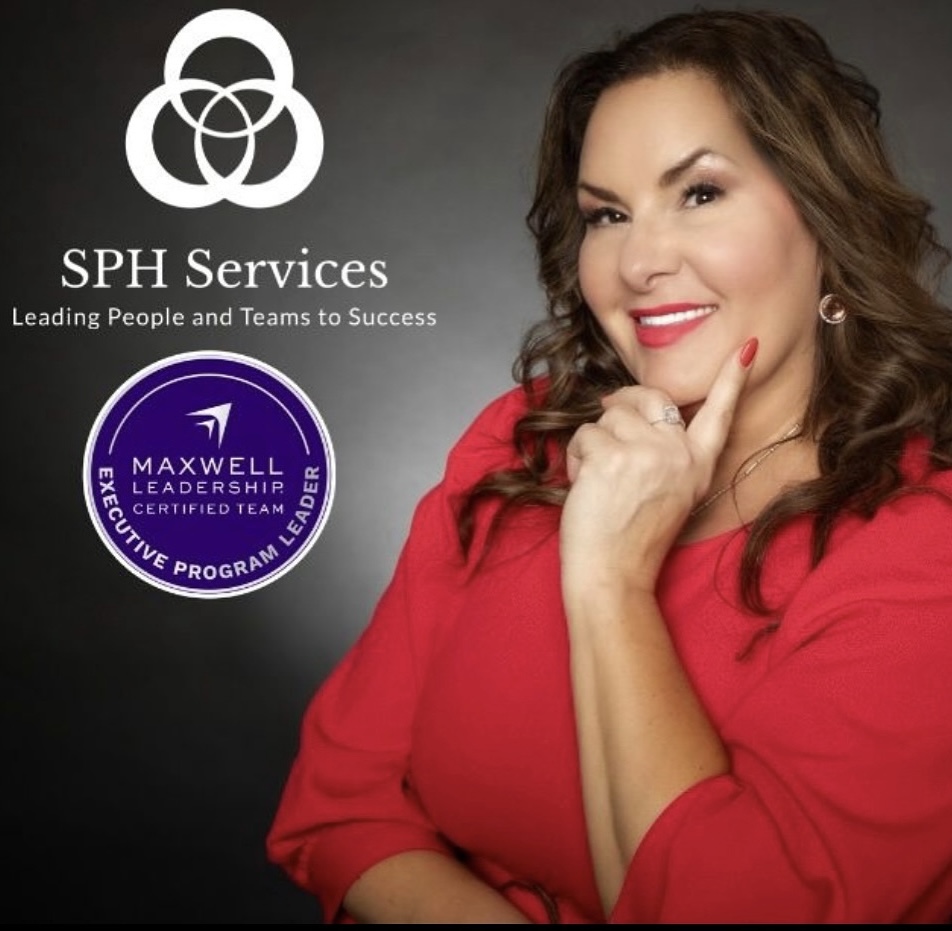Transform Your Business with Leadership Coaching Services
- Stephanie Puryear Helling

- Jul 16, 2025
- 4 min read
Updated: Jul 23, 2025
In today's fast-paced business landscape, effective leadership is paramount to success. As companies navigate change, stagnation, and competition, leaders must not only inspire their teams but also adapt to new challenges. This is where executive coaching techniques come into play. By investing in leadership coaching services, organizations can equip their leaders with essential tools to foster development, boost performance, and ensure business growth.
Executive Coaching Techniques
Executive coaching involves individualized support for leaders, focusing on personal growth and organizational goals. These coaching techniques can vary, but they often include:
Goal Setting: A coach works with leaders to identify specific, measurable objectives. This clarity provides direction and motivates leaders to strive for excellence.
Feedback Mechanisms: Constructive feedback is vital in leadership. Coaches provide leaders with the tools to offer and receive feedback effectively, enhancing team dynamics and personal development.
Skill Development: Coaches focus on building specific skills, such as communication, conflict resolution, and decision-making, which are essential for effective leadership.
Role-Playing Scenarios: Practicing real-life scenarios helps leaders prepare for difficult conversations and challenges. This hands-on technique instills confidence and hones their problem-solving abilities.
Accountability Structures: Coaches help leaders develop personal accountability. Regular check-ins ensure leaders stay focused on their goals and overcome obstacles in pursuit of their objectives.

The Benefits of Leadership Coaching Services
Investing in leadership coaching services leads to numerous benefits for both individuals and organizations. Here are some compelling reasons to consider:
Enhanced Leadership Skills: Coached leaders often exhibit improved emotional intelligence and better communication skills. With heightened self-awareness, they become more effective in their roles, inspiring their teams.
Increased Employee Engagement: Effective coaches teach leaders how to motivate and engage their teams. This can lead to higher job satisfaction and reduced turnover rates, which ultimately benefit the bottom line.
Improved Decision-Making: With executive coaching, leaders develop the ability to analyze situations more comprehensively. They learn to weigh pros and cons effectively, leading to better decision-making processes.
Stronger Team Dynamics: Coaching helps leaders understand the needs of their teams. By fostering a supportive environment, teams can collaborate more effectively, thereby driving innovation and productivity.
Organizational Growth: Ultimately, coaching can lead to measurable improvements in organizational performance. With leaders focused on continual development, companies can anticipate and adapt to changes in the market with agility.

How Much Do Leadership Coaches Get Paid?
Understanding the cost structure of hiring a leadership coach can help businesses evaluate their options effectively. The price of coaching services varies widely based on several factors:
Experience Level: Coaches with extensive experience and a proven track record typically charge higher fees. They bring a wealth of knowledge and advanced skills to the table.
Session Length and Frequency: Coaching sessions can range in length and frequency. Some coaches offer packages that may reduce the overall cost, while others charge per hour.
Coaching Types: Group coaching sessions are generally less expensive than one-on-one coaching. However, the intensity and personalization of individual coaching often warrant a higher price tag.
Industry-Specific Expertise: Coaches who specialize in certain industries may charge more due to their targeted knowledge. This can be crucial for companies seeking tailored strategies that align with industry-specific challenges.
The average range for executive coaching fees is typically between $150 to $500 per session. Organizations must consider their budget and weigh it against the potential ROI of effective coaching on their leaders' capabilities.

Choosing the Right Coaching Service
When selecting a coaching service, it’s essential to consider several aspects to ensure the right fit for your organization's needs:
Assess Qualifications: Review the coach’s qualifications, certifications, and previous experience with similar organizations. A qualified coach will have a robust methodology that aligns with your goals.
Determine Focus Areas: Identify specific challenges or areas of growth you want the coaches to address. A clear understanding of your goals will help you choose the right coaching service.
Explore Testimonials: Investigate past feedback from other leaders who have undergone coaching. Case studies can provide insights into what to expect and the effectiveness of the service offered.
Personal Connection: Chemistry between the coach and the leader is crucial for success. Schedule introductory calls to gauge compatibility before making a commitment.
Evaluate ROI: Establish metrics to measure the effectiveness of the coaching. This could include tracking improvements in employee engagement, team performance, or individual leader growth.
Implementing Coaching Initiatives
Once you have hired leadership coaching services, it’s important to implement their initiatives effectively within the organization:
Introduce Coaching Concepts: Begin with workshops that introduce coaches and their methodologies. Allow leaders to understand the purpose and benefits of pursuing coaching.
Establish a Supportive Culture: Encourage a culture that prioritizes continuous development. Promote open discussions about coaching to break down barriers and normalize seeking help.
Set Clear Expectations: Define the roles of both the coach and the leader. Clear expectations will help both parties understand their commitment to the process.
Regular Check-ins: Schedule periodic reviews to assess progress and discuss challenges. This allows adjustments in coaching strategies to be made proactively.
Celebrate Successes: Recognize the accomplishments achieved through coaching, whether they’re personal breakthroughs or team wins. Celebrating successes fosters motivation and commitment.

Join the Coaching Revolution
In a world where leadership is critical for success, working with qualified coaches can be a game-changer for your business. By investing in executive coaching techniques, organizations can create a culture of growth, foster innovation, and achieve remarkable performance improvements.
Whether you are an emerging leader or a seasoned executive, consider enhancing your skills through effective coaching. Your investment today will not only empower you but also pave the way for the future of your organization. Explore available options for leadership coaching services and take the next step towards transforming your business dynamics.
---
By understanding and leveraging the power of coaching, companies can truly transform their leadership landscape. The journey toward leadership excellence begins with a single step—embracing the potential of coaching.



Comments